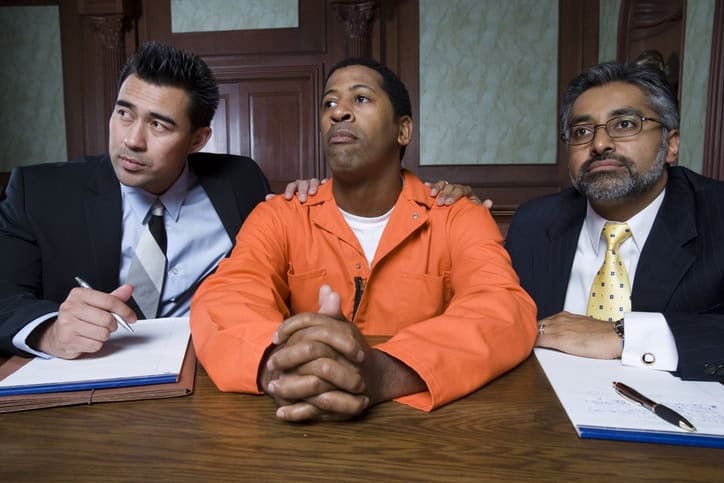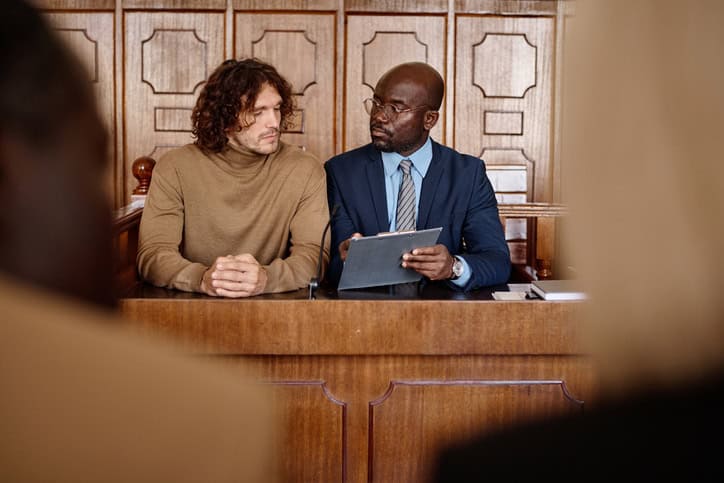Criminal Defense Attorney in Sacramento: Why It Could Save You More Than You Think

How Top Sacramento Criminal Defense Attorneys Use Private Investigators, Expert Witnesses & Digital Evidence to Win Cases

Accused of Talking to a Minor Online? What You Need to Know Before It’s Too Late

Defensa de Violencia Doméstica en Sacramento, CA | Abogado Defensor

Cómo Elegir al Mejor Abogado de Defensa por Acusaciones de Abuso Infantil | Guía Legal Experta

Finding the Right Domestic Violence Defense Attorney in Sacramento, CA: What You Need to Know

Código Penal de California § 490.5: Defensa Penal y Cartas de Demanda Civil en Casos de Hurto

Comprendiendo los Requisitos de Registro de Delincuentes Sexuales de California: Lo que necesita saber sobre la Sección 290 del Código Penal y la Ley de Megan

How to Choose the Best Child Molestation Defense Attorney | Expert Legal Guidance

Understanding California’s Sex Offender Registration Requirements: What You Need to Know About Penal Code Section 290 and Megan’s Law

